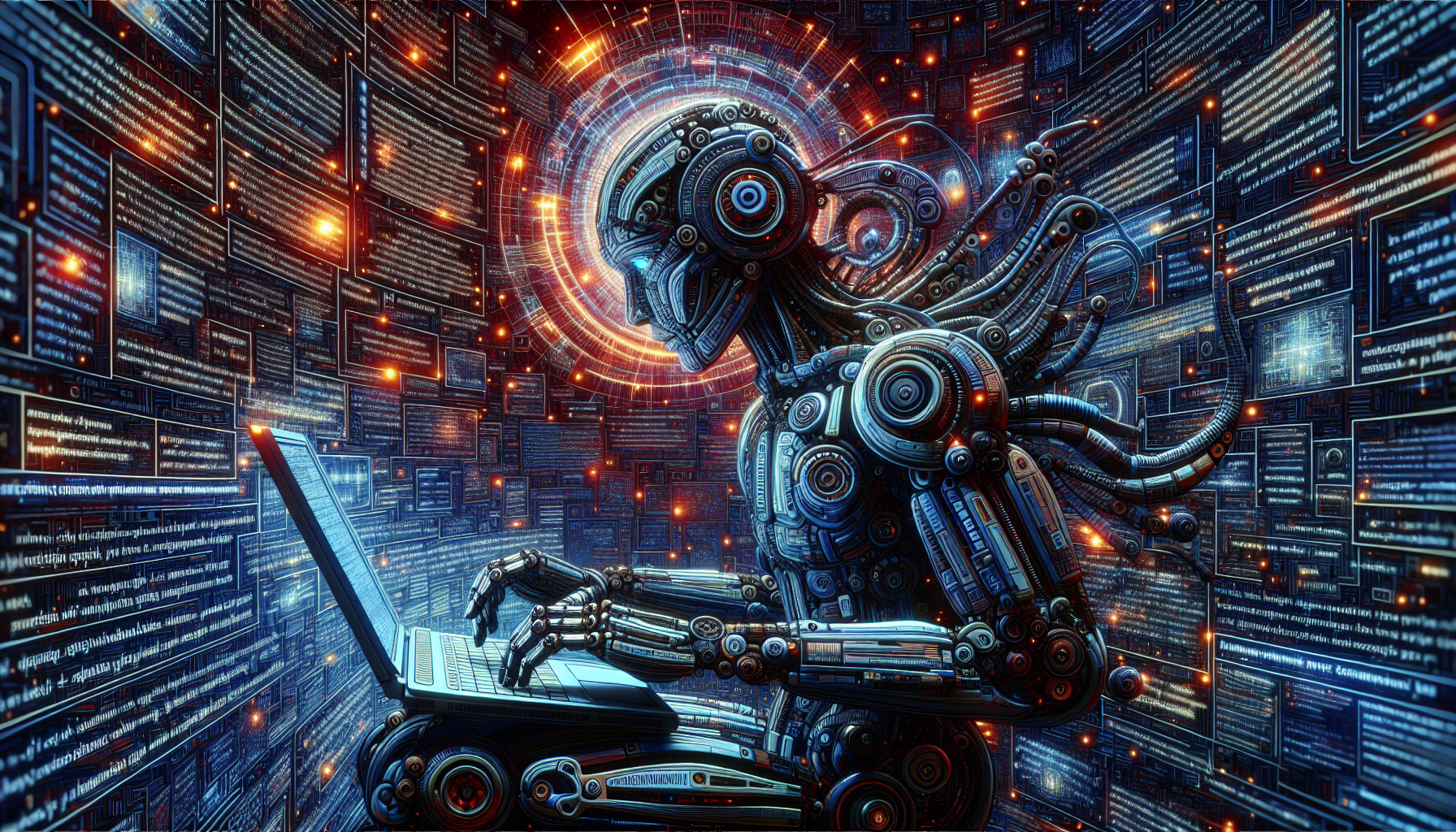The Rise of A.I. in Content Generation
In the not-so-distant past, the idea of artificial intelligence crafting compelling content seemed like science fiction. However, recent advancements in A.I. technology have made it a reality. A.I. content generation tools, powered by machine learning algorithms, can now assist writers in generating text with remarkable speed and accuracy. These tools analyze vast amounts of data, learn from existing written material, and produce content that rivals human-generated work. From simple blog posts to complex reports, A.I. writing tools are reshaping the landscape of writing.
Benefits and Challenges of A.I. Content Generators
The adoption of A.I. content generation tools comes with a host of both benefits and challenges. On the positive side, these tools can enhance productivity by automating repetitive tasks, generating content at a fraction of the time it would take a human writer. They also aid in improving consistency and minimizing errors in writing. However, concerns about the quality and originality of A.I.-generated content persist. Critics worry that automated writing may lack the depth, creativity, and emotional intelligence present in human writing. Finding the right balance between leveraging A.I. capabilities while preserving human touch remains a key challenge.
Impact on Writers and Writing Industry
As A.I. content generation tools become more prevalent, they are beginning to reshape the roles of writers and the writing industry as a whole. Many writers fear being replaced by machines, but in reality, A.I. is more of a complement than a substitute for human creatives. Writers can leverage these tools to speed up tedious tasks, gather research insights quickly, and focus on higher-value aspects of writing such as creativity and storytelling. The writing industry is also adapting as more firms incorporate A.I. tools into their workflows to boost efficiency and remain competitive.
Ethical Considerations in A.I.-Based Writing
The increasing use of A.I. content generators raises ethical concerns around transparency, plagiarism, and accountability in writing. As A.I. tools become more sophisticated, the line between human-authored and machine-generated content may blur, leading to challenges in attributing credit for creative work. Moreover, there are fears that malicious actors could misuse these tools to spread misinformation or shape public opinion through manipulative content creation. Addressing these ethical considerations is crucial in ensuring that A.I.-generated writing benefits society without compromising integrity.
Future Trends and Innovations in A.I. Writing Tools
Looking ahead, the future of writing with A.I. holds exciting possibilities for innovation and growth. Developers are working on enhancing natural language processing capabilities to enable A.I. tools to mimic human writing styles more convincingly. Improved collaborative features that blend human insights with machine-generated content are also on the horizon, offering new ways for writers to collaborate with intelligent systems. Furthermore, advancements in sentiment analysis and emotional intelligence in A.I. algorithms may pave the way for empathetic writing assistance tailored to connect with readers on a deeper level.
Notes
- A.I. content generation tools can generate text at speeds ranging from 10,000 to 20,000 words per minute.
- Nearly 89% of businesses expect to compete primarily on customer experience by 2023, necessitating efficient content creation.
- A Pew Research Center survey found that 55% of experts believed that A.I.-written essays could be indistinguishable from those written by humans by 2026.
- A survey conducted by Narrative Science showed that 38% of enterprises were already using artificial intelligence for generating business narratives.
- By 2030, global GDP might increase by up to $15.7 trillion due to artificial intelligence adoption.

